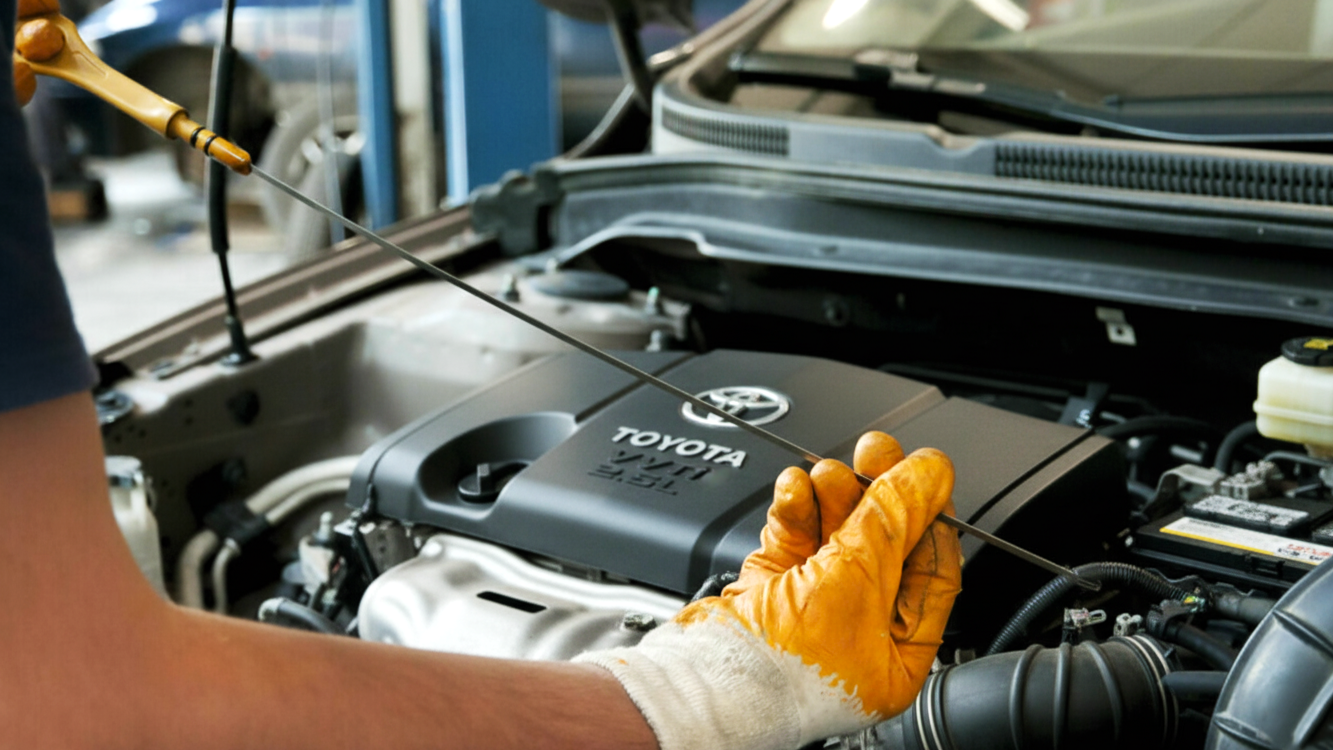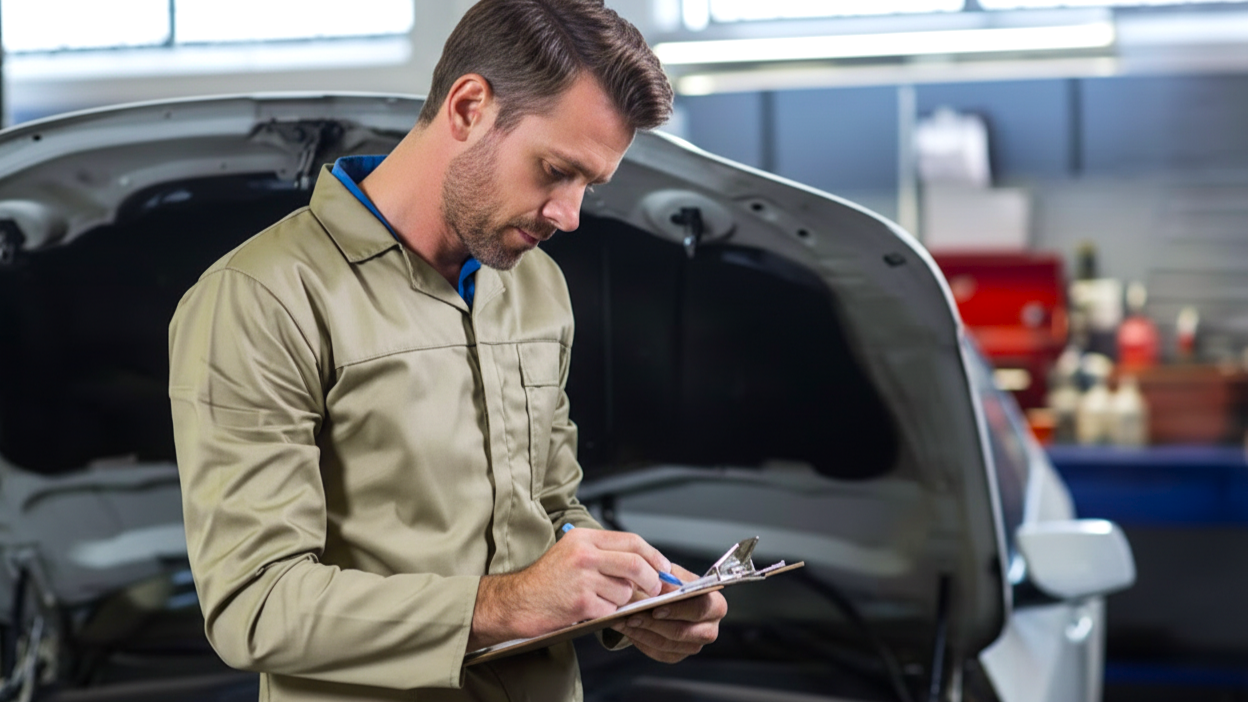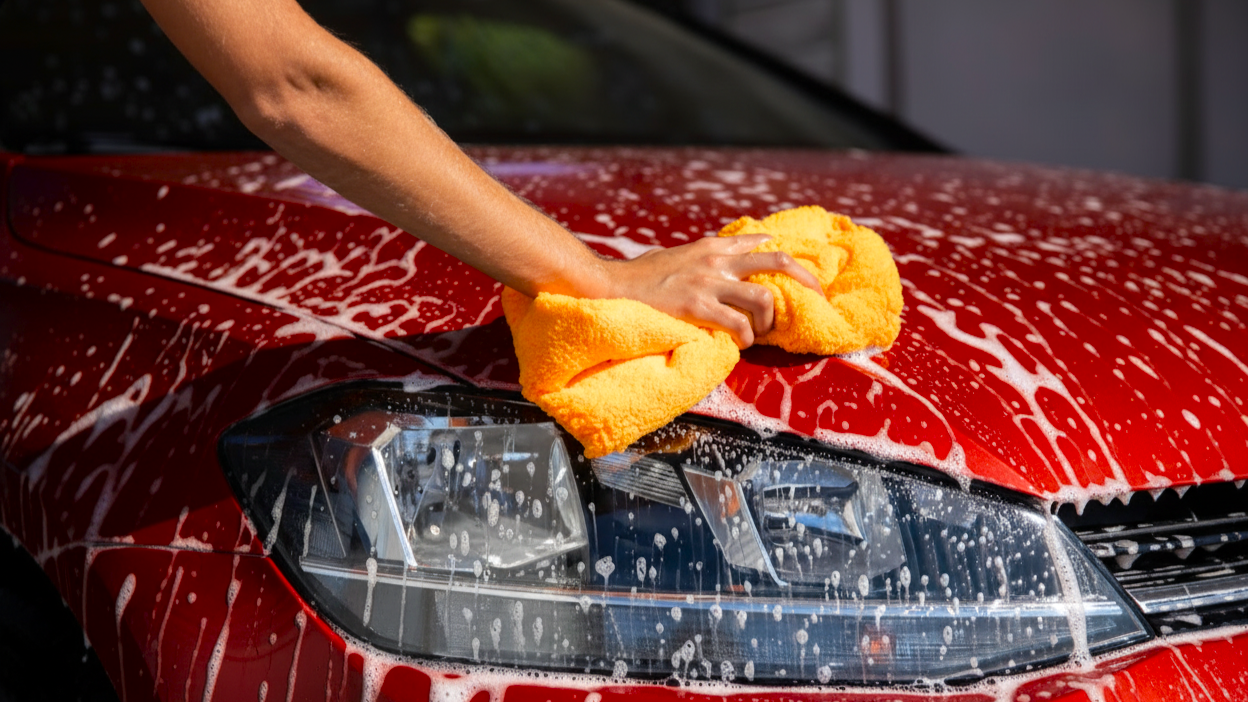How to Take Care of Your Car: a Complete Guide for Beginners

Buying a car is only the beginning of the journey and, in many ways, an investment in comfort and freedom of movement. But for a car to truly meet your expectations, remain reliable, and stay safe, it requires proper care. Car maintenance is not just about technical servicing – it’s also about paying attention to the small details that affect your vehicle’s lifespan and the money you spend on repairs.
Many beginners assume that understanding how a car works is something only professional mechanics can handle. In reality, the basics are accessible to everyone: the key is to know how to take care of your car in everyday life and which simple steps can help you avoid unpleasant surprises on the road.
Regular checks – such as monitoring oil and coolant levels, keeping an eye on tire pressure, and even a simple car wash – can prevent up to 80% of unexpected breakdowns. This kind of prevention extends the life of your car, saves you money on repairs, and, most importantly, ensures the safety of both driver and passengers.
In this guide, we’ve gathered practical car tips and structured them in a clear way so that even a first-time driver can feel confident. We’ll cover:
- which procedures should be done weekly;
- which checks are essential each season;
- and what’s best left to professionals.
By following these straightforward car maintenance tips for beginners, you’ll turn vehicle care into a simple and beneficial habit. This way, your car will serve you for many years, and every trip will be as safe and comfortable as possible.
Basic Principles of Car Care
Before moving on to specific recommendations and practical steps, it’s important to understand the fundamental rules. These principles form the foundation of how to take care of your car, ensuring it remains reliable, safe, and long-lasting.
1. Consistency is the key to reliability
Cars need attention. It’s much easier to spend just 10–15 minutes a week on simple checks than to waste weeks and large sums on major repairs later. Regular car maintenance helps you spot tire wear, low oil or coolant levels, and even small cracks or leaks before they turn into serious problems. Early detection not only prevents costly breakdowns but also keeps you confident on the road.
2. Pay attention to the small things
A strange engine noise, slight vibration in the steering wheel, foggy headlights, or an unusual smell inside the cabin – these are all warning signs you shouldn’t ignore. Experienced drivers know that what starts as a minor issue often grows into a major repair. The sooner you react, the easier and cheaper it will be to fix.
3. Prevention is always cheaper than repair
A perfect example is an oil change. This simple and affordable procedure costs far less than a full engine overhaul. Replacing worn brake pads is much cheaper than repairing body damage after an accident. Preventive care is at the heart of smart vehicle use – and one of the most valuable car maintenance tips for beginners to save money and avoid unnecessary stress.

Weekly and Monthly Checks
Consistent, routine inspections are the foundation of reliable car ownership. These simple actions don't require special tools or mechanical knowledge but are incredibly effective at catching potential issues early. By setting aside just 15–20 minutes once a week, or at least before every long trip, you can keep a finger on the pulse of your car's condition and ensure it remains safe and dependable on the road.
- Check Engine Oil and Coolant Levels. Oil is the lifeblood of the engine, and coolant is its protection against overheating. Open the hood on a level surface with the engine cold. Find the oil dipstick (usually with a bright yellow or orange handle), pull it out, wipe it with a clean cloth, insert it back all the way, and pull it out again. The oil level should be between the MIN and MAX marks. The coolant level is checked by the marks on the side of the expansion tank.
- Inspect the Tires. Visually check if the tires are low on air. Once a month, check the pressure with a gauge – proper pressure ensures safety, handling, and fuel economy. The recommended values are listed on a sticker in the driver's door jamb. Also, inspect the tread for wear and foreign objects (nails, stones).
- Check the Lights. Ask someone to help or park in front of a storefront window. Turn on the parking lights, low beams, high beams, fog lights, hazard lights, and press the brake pedal in sequence. Make sure all bulbs are working. Functioning lights are crucial for your visibility and safety on the road.
- Clean Off Dirt and Contaminants. Bird droppings, tree sap, and road salt in winter are aggressive to the paintwork. Try to remove such contaminants as quickly as possible, without waiting for a scheduled car wash.
Regular Technical Service
In addition to your own checks, every car needs scheduled professional service. The service schedule is specified in your car's manual, but there is a generally accepted list of tasks relevant to most models.
Component / Task | Recommended Interval | Why It's Necessary |
Oil and Oil Filter Change | Every 7,500–15,000 km | Maintains engine cleanliness and longevity, prevents wear. |
Air Filter Replacement | Every 15,000–30,000 km | Ensures the engine "breathes" easily, affects power and fuel consumption. |
Cabin Air Filter Replacement | Every 15,000 km or once a year | Cleans the air you breathe inside the cabin from dust and allergens. |
Brake System Inspection | At every service | Safety. Checks for wear on pads, discs, and the condition of the fluid. |
Battery Check | Once a year (before winter) | Guarantees the engine will start in cold weather. |
Suspension and Steering Check | At every service | Affects handling and comfort. |
Wheel Alignment and Balancing | With seasonal tire changes | Ensures even tire wear and directional stability. |
Car maintenance tips for beginners: Find a reliable auto service shop with good reviews. It's not necessary to go to an official dealer, especially if the car is no longer under warranty. A good independent shop often offers a better price-to-quality ratio. Keep a service book and save all receipts and work orders – this will help when you sell the car later.

Seasonal Car Care
The climate imposes its own demands on vehicle operation. Preparing for a new season helps avoid unpleasant surprises.
Preparing for Winter:
- Tire Change. Don't wait for the first snow. Switch to winter tires when the average daily temperature drops below +7°C (45°F). Summer tires harden at this temperature and lose their grip.
- Battery Check. The battery's capacity drops in the cold. Check its charge and service or replace it if necessary.
- Fluids. Fill up with non-freezing windshield washer fluid. Check the antifreeze concentration to ensure it won't freeze in severe cold.
- Treating Seals. Lubricate the rubber seals on doors and the trunk with a silicone spray to prevent them from freezing.
Preparing for Summer:
- Cooling System. Make sure the radiators are clean and the coolant level is normal. In summer, the main danger to the engine is overheating.
- Air Conditioning. Have the A/C system diagnosed and recharged. In the heat, a functioning air conditioner is key to a comfortable and safe trip.
- Tire Pressure. Air inside the tires expands in the heat, so the pressure should be checked and adjusted on cold tires in the morning.
Cleanliness and Appearance

Maintaining your car's appearance is about more than just pride of ownership; it is a crucial part of preventative care. A regular car wash is not simply a matter of aesthetics but an essential task that directly affects the longevity of the bodywork. Road grime, salt, bird droppings, and industrial fallout can slowly eat away at the paint's clear coat, leading to rust and corrosion over time. A clean car is a protected car.
- Washing the Exterior. Regularly wash off road dirt, salt, and chemicals from your car. They cause corrosion. Don't forget to clean the wheel arches and underbody.
- Protective Coatings. Apply wax to the body after washing. It creates a protective layer that repels water and dirt and also protects the paint from UV rays. A more durable solution is a ceramic coating applied at a specialized center.
- Cleaning the Interior. Regularly vacuum the interior and wipe down plastic panels. This not only creates a cozy atmosphere but also prevents material wear. Use special conditioners for leather seats.
- Windshield and Wipers. A clean windshield is the basis of good visibility. Clean it regularly inside and out. Replace the wiper blades once a year. If they start leaving streaks, it's time to replace them.
Tips for Longevity and Resale Value
Proper car maintenance not only extends its life but also helps preserve its value for future resale.
Do's | Don'ts |
Warm up the engine smoothly while driving | Don't rev a cold engine |
Perform scheduled maintenance on time | Don't skimp on oil and consumables |
Keep a service book and save receipts | Don't throw away service documents |
Touch up paint chips immediately | Don't let rust spread |
Use high-quality fuel | Don't refuel at questionable gas stations |
Conclusion
Now you know how to take care of your car and why it matters. Most procedures are simple, don’t take much time, and help you avoid unexpected breakdowns. Consistency, attention to detail, and timely servicing are the three golden rules that keep your car in good health.
A car is a complex machine, but it always responds positively to proper care. Regular car maintenance extends its lifespan, makes every trip safer, and gives you confidence behind the wheel – whether driving in Cyprus or beyond.
And if you’re looking to buy a new vehicle or replace your current one, check out the catalog at BuyCars.cy. There you’ll find a wide selection of cars for different needs and budgets, making it easy to choose the option that’s perfect for you.


